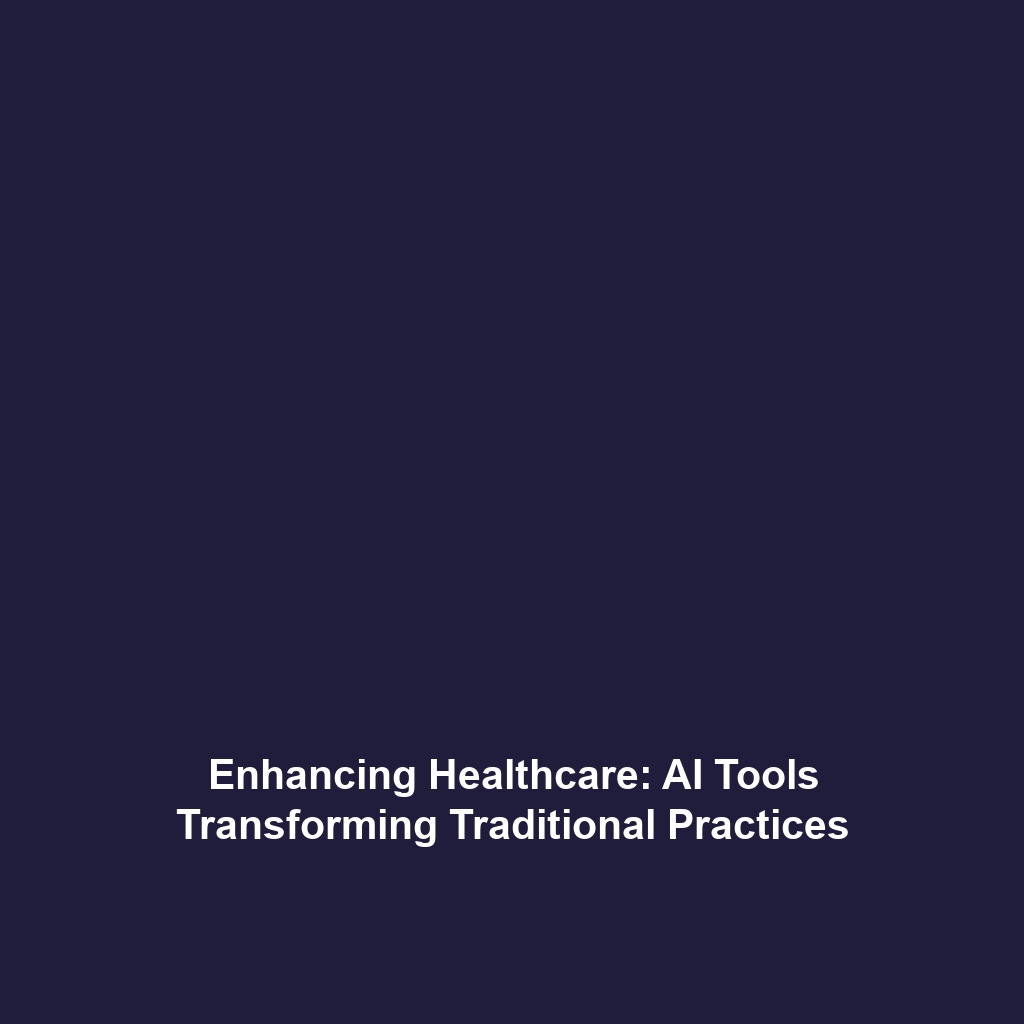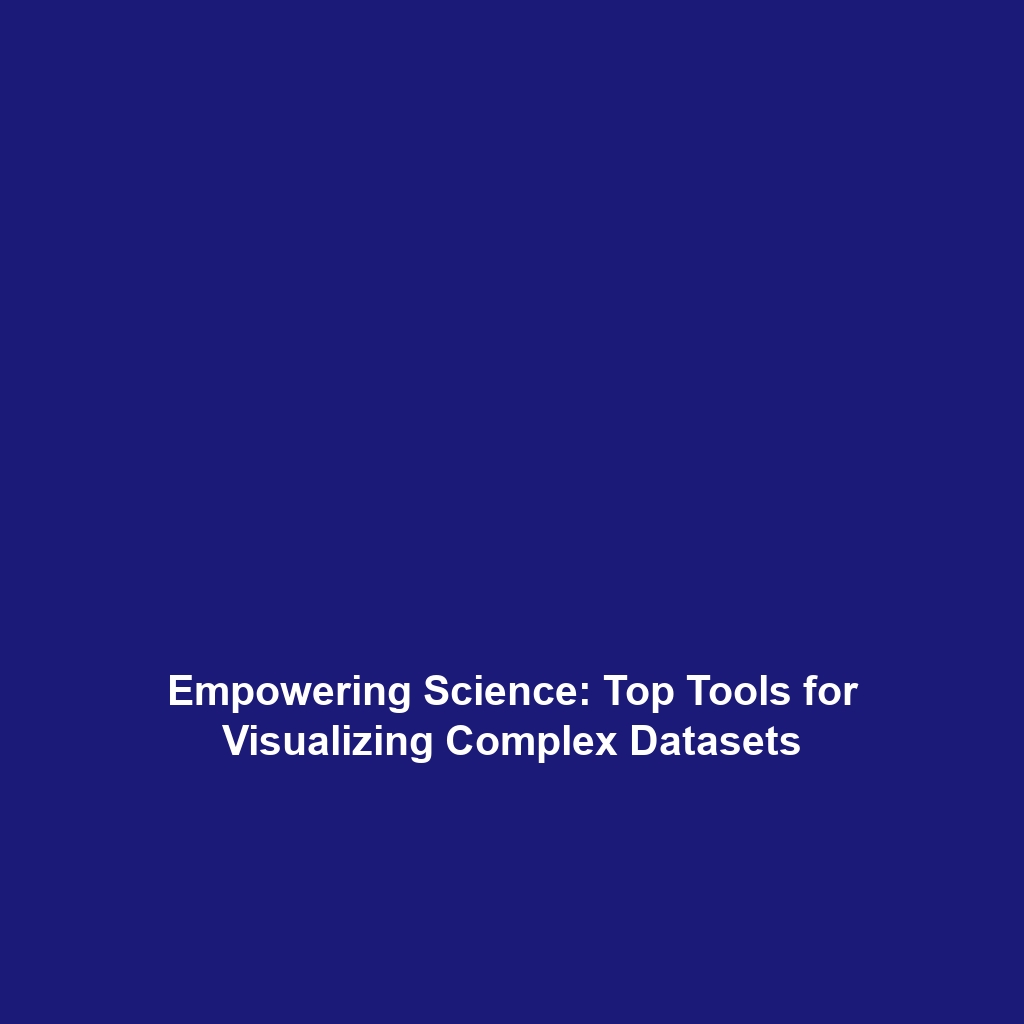How AI-based Tools Complement Traditional Healthcare Practices
The integration of AI-based tools into traditional healthcare practices marks a transformative phase in the medical industry. As the healthcare landscape evolves, the collaboration between advanced technologies and conventional methods emerges as a key driver of improved patient outcomes. Understanding how AI complements traditional practices provides insight into its significance within the broader context of AI in Healthcare.
Key Concepts of AI in Healthcare
AI-based tools in healthcare leverage machine learning algorithms and vast data sets to aid in diagnostics, treatment recommendations, and patient monitoring. These tools do not replace healthcare professionals but instead enhance their capabilities by providing:
- Data Analysis: AI algorithms can analyze large volumes of patient data to identify trends and predict outcomes.
- Diagnostic Support: Tools like image recognition software assist clinicians in interpreting medical imaging.
- Personalized Medicine: AI can aid in creating tailored treatment plans based on individual patient data.
This synergy illustrates how AI-based tools and traditional healthcare practices work together to enhance patient care.
Applications and Real-World Uses
AI-based tools are increasingly being adopted in various healthcare settings, demonstrating tangible benefits. Here are some significant applications:
- Predictive Analytics: Tools that forecast patient admissions or disease outbreaks help healthcare providers allocate resources effectively.
- Telemedicine: AI chatbots provide preliminary assessments and advice, triaging patients before they consult a physician.
- Operational Efficiency: AI streamlines administrative tasks like scheduling and billing, allowing healthcare staff to focus more on patient care.
These applications exemplify how AI-based tools are used in the healthcare sector, complementing traditional methods and delivering enhanced value.
Current Challenges in AI Application
Despite the numerous benefits, several challenges remain in the integration of AI-based tools in traditional healthcare practices:
- Data Privacy Concerns: Ensuring patient data confidentiality is critical as AI systems often require access to sensitive information.
- Integration Issues: Many healthcare facilities face difficulties in integrating AI tools with existing IT infrastructure.
- Lack of Standardization: The absence of universal standards complicates the assessment and implementation of AI technologies.
Future Research and Innovations
The future of AI in healthcare looks promising, with ongoing research focused on enhancing the effectiveness of AI tools. Potential innovations include:
- Enhanced Machine Learning Models: Future AI systems will be better at processing unstructured data, improving their diagnostic accuracy.
- AI-driven Drug Discovery: Machine learning could expedite the discovery and development of new pharmaceuticals.
- Holistic Patient Monitoring: Wearable devices powered by AI will continue to evolve, offering real-time health insights.
Conclusion
AI-based tools are proving to be invaluable partners in traditional healthcare practices. Their ability to enhance diagnostic accuracy, improve patient engagement, and streamline healthcare operations signifies a pivotal shift in how care is delivered. As research advances and technologies evolve, the partnership between AI and traditional healthcare will only grow stronger.
For further understanding and to keep up with the latest developments in AI in healthcare, consider exploring additional resources available on our site, such as AI in Healthcare Overview and Future of Healthcare Innovations.


